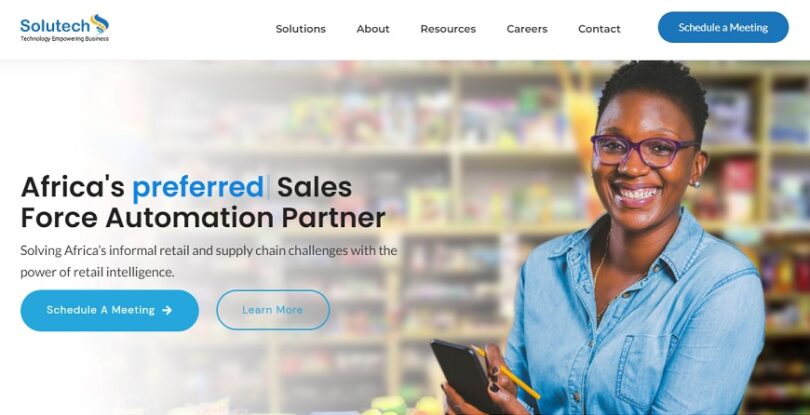Blockchain technology, though far from reaching its full potential, is set to revolutionize all traditional business models.
Its creative products and services can solve many problems that come with using standard business models.
In recent years, the telecommunications business has been criticized for looking like it’s stuck in the past.
Fans of blockchain think that the telecom business needs to change as quickly as possible and stop relying on old methods. They think that old methods should be replaced with new, fast, and changing technology.
So, blockchain is being welcomed with open arms by the telecom business. In 2018, blockchain technology in telecommunications was worth $46 million. In 2023, it is expected to be worth $1 billion. Blockchain SIM cards are one way that blockchain technology can help the telecommunications business.
Read also: Nigeria approves usage of Blockchain technology
Sim cards on the blockchain
Blockchain SIMs employ blockchain technology. Crypto SIM cards are blockchain-based SIM cards. Traditional SIM cards authorize and link mobile devices to cellular networks for voice, text, and data services. However, a blockchain SIM card examines blockchain’s decentralization and transparency. Blockchain SIM cards improve privacy, security, and mobile connection control.
Traditional SIM cards hold data on centralized systems, which hackers may easily infiltrate. Blockchain SIM cards tackle this problem by using ledger technology to store and track SIM card data. Blockchain SIM card data is scattered over a web of nodes, making it difficult to access.
Blockchain SIM cards offer identity management services that are both safe and clear. In a strange way, this stops theft and network access. Mobile connections are needed in places that are far away and poor. Blockchain SIM cards are a new way to talk on your phone that makes conversations more secure, easy to use, and decentralized.
Blockchain-based SIM Cards’ Influence on Africa
SIM cards that use blockchain technology could change the way the African and Nigerian markets work for good. Taking into account how creative they are, here are some of the ways that Nigeria’s use of SIM cards based on the blockchain can help:
Increased Financial Participation: A lot of Nigerians and Africans do not have bank accounts. SIM cards based on the blockchain can offer mobile banking and financial services. This means that users can own and move digital assets, get microloans, and take part in the growing digital ecosystem. Access to financial services is improved when people are more involved in their finances.
Decentralised Identity Management: Blockchain SIM cards give customers more power over their data. This stops people from using other people’s names to get health care, schooling, or government benefits. The use of blockchain SIM cards in Nigeria and Africa improves trust and communication.
Cross-Border Connectivity: Africa has the most mobile people in the world. People move from country to country for many reasons. The old ways of roaming are expensive and hard to handle. Due to their decentralized and borderless connectivity, SIM cards built on blockchain can offer cheap and flexible communication services anywhere. It motivates people to work together and put money into Africa.
Blockchain-based SIM cards in Africa and Nigeria might need to be built up and regulated, but they can solve problems and open up new paths.

